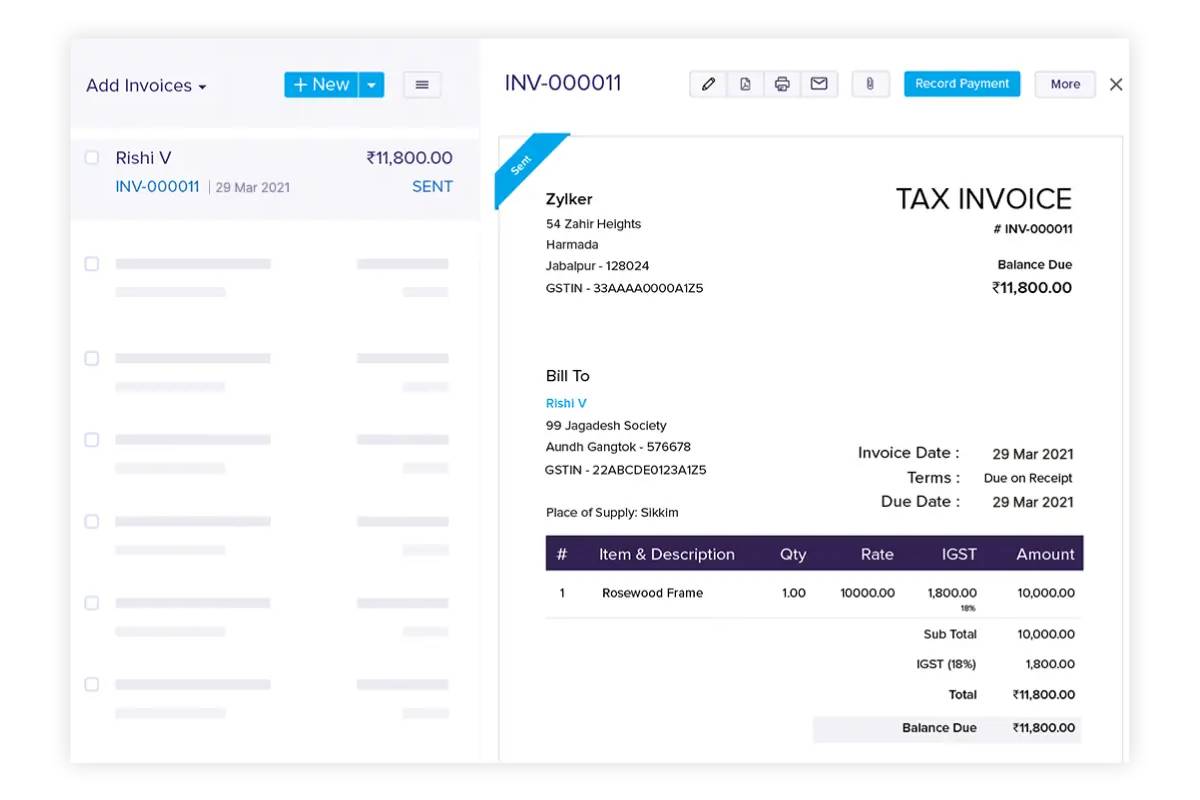
Registering as a Limited Company: Pros and Cons
Thinking of taking the plunge and going limited? You’re not alone. Thousands of freelancers, sole traders, and small business owners across the UK ask themselves the same question every year: “Should I register as a limited company?”
While the idea of company registration sounds appealing — professional status, potential tax benefits, and protection of personal assets — there are also challenges you need to weigh up. Incorporation isn’t a one-size-fits-all solution, and what’s right for one entrepreneur might not suit another.
In this guide, we’ll break it all down for you: the advantages, the trade-offs, and the real-world implications. Whether you’re running a creative agency, tech start-up, or side hustle, this article will help you decide if becoming a limited company is the right move.
Let’s explore the pros and cons, peppered with practical insights and no-nonsense advice.
What Does It Mean to Register as a Limited Company?
Before diving into benefits and drawbacks, it’s important to understand what incorporation actually involves.
When you register with Companies House, your business becomes its own legal entity, separate from you.
That means:
- You’re not personally liable for the company’s debts beyond what you’ve invested.
- Your business must comply with legal obligations, such as submitting annual accounts and confirmation statements.
- You’ll have a unique company number, and your business name will be protected.
This structure differs significantly from being a sole trader, where you and your business are legally the same.
The Pros of Registering as a Limited Company

Let’s start with why many business owners choose this route.
1. Limited Liability Protection
Arguably, the biggest advantage — and the clue is in the name.
If things go south financially, your personal assets (like your house or savings) are not on the line. You’re only liable up to the value of your shares or guarantees.
Real-life scenario: Imagine you’re running a small e-commerce business, and a major product line fails, leading to debt. As a sole trader, you’d be personally responsible. As a limited company? The company bears the brunt.
2. Potential Tax Benefits
Here’s where the financial perks come in.
Limited companies pay Corporation Tax on profits (currently 25% as of 2025), which is often lower than Income Tax rates for high-earning sole traders.
Plus, you can:
- Pay yourself via salary and dividends, optimising your tax position
- Deduct legitimate business expenses
- Potentially benefit from R&D tax credits or the Annual Investment Allowance
Important note: The actual savings depend on your earnings and how you structure your income. Always consult a tax adviser.
3. Professional Credibility and Image
Being a registered limited company can make you look more established. Clients, investors, and suppliers might take you more seriously, especially in sectors like finance, tech, or consultancy.
Bonus: Some larger organisations only work with incorporated businesses due to their procurement policies.
4. Easier Access to Funding
Limited companies often find it easier to attract investment or secure business loans.
Why?
- Investors can buy shares in the business
- Banks see incorporated entities as lower risk due to regulatory requirements
If you’re planning to scale or seek funding in future, going limited can open more doors.
5. Business Name Protection
Once registered, your business name is protected by law. No one else can use the exact name or a deceptively similar one.
This is crucial for brand identity, especially if you plan to trademark your logo or expand nationally.
The Cons of Registering as a Limited Company
Tempting as the benefits sound, incorporation isn’t all sunshine and rainbows. There are responsibilities and limitations that can’t be ignored.
1. Increased Administrative Duties
Running a limited company involves far more paperwork than being a sole trader.
You’ll need to:
- File annual accounts and confirmation statements
- Submit Corporation Tax returns
- Maintain statutory records and minutes of meetings
- Keep business finances scrupulously separate
In other words: Get ready for a more structured, compliant way of operating.
Tip: Most small companies hire an accountant to manage this. It’s an extra cost, but usually well worth it.
2. Less Privacy
When you register, certain details go on public record — including your:
- Registered office address
- Director details
- Annual financial summaries
This openness can feel uncomfortable, especially if you’re operating from home.
Workaround: You can use a service address for privacy, but this often means additional costs.
3. Tax Complexity
While tax planning opportunities exist, they also introduce complexity.
You’ll need to understand the interplay between salary, dividends, expenses, and Corporation Tax. One mistake — like forgetting to file a return — could lead to penalties.
It’s not unmanageable, but it does require vigilance.
4. Profit Lock-In
As a sole trader, the money you earn is yours.
In a limited company, profit belongs to the business. To access it, you must extract it legally via salary, dividends, or bonuses. This can delay your ability to access funds, especially early on.
Example: You land a £10,000 project, but need to budget how much of that you can actually pay yourself after taxes and obligations.
5. Cost of Compliance
Setting up a limited company isn’t expensive (as little as £12 online).
But running one involves:
- Accountancy fees
- Software subscriptions (e.g., for bookkeeping)
- Legal advice
- Possibly even payroll services
Over time, this can eat into your bottom line, especially for very small operations or side gigs.
Who Should Consider Going Limited?
Going limited is best suited to:
- Businesses with moderate to high profits (£30k+ annually)
- Entrepreneurs looking to scale or secure funding
- Anyone in high-risk sectors who wants liability protection
- Contractors and consultants needing a professional front
On the other hand, if you’re just testing the waters or have very low overheads, staying as a sole trader might make more sense, at least initially.
Incorporation in Practice: A Freelance Designer’s Journey

Let’s bring this to life with a true-to-life scenario.
Meet Sarah, a freelance graphic designer based in Brighton.
Initially, she operated as a sole trader, earning around £25k per year. But as her client base grew and she started landing big corporate gigs, she hit a few roadblocks:
- One potential client required a limited company to proceed
- Her tax bill felt steeper each year
- She worried about the legal risks of copyright disputes
After speaking with her accountant, Sarah incorporated.
Fast-forward a year, she:
- Pays herself via dividends and salary
- Has reduced her tax burden
- Feels more secure taking on larger clients
Of course, she spends more time dealing with admin, but overall, she’s never looked back.
Steps to Registering a Limited Company
If you decide to go ahead, here’s a simplified roadmap:
- Choose your company name (check it’s available via Companies House)
- Decide on your company structure – will it be limited by shares or guarantee?
- Appoint directors and shareholders
- Set up a registered office address
- Submit your application to Companies House (can be done online)
- Register for Corporation Tax within three months of starting business
Tip: Keep business banking, accounting software, and legal compliance in mind from day one — you’ll thank yourself later.
Conclusion: Should You Register as a Limited Company?

There’s no universal answer, but understanding the pros and cons gives you a solid footing to decide.
Becoming a limited company can:
- Protect your personal assets
- Offer financial advantages through tax planning
- Enhance your professional image
But it also brings:
- More admin and compliance responsibilities
- Less privacy
- Additional ongoing costs
Bottom line: If you’re growing, earning well, or need a credible presence, incorporation could be a smart step. But if you’re still figuring things out or want to keep things light and flexible, there’s no rush.


